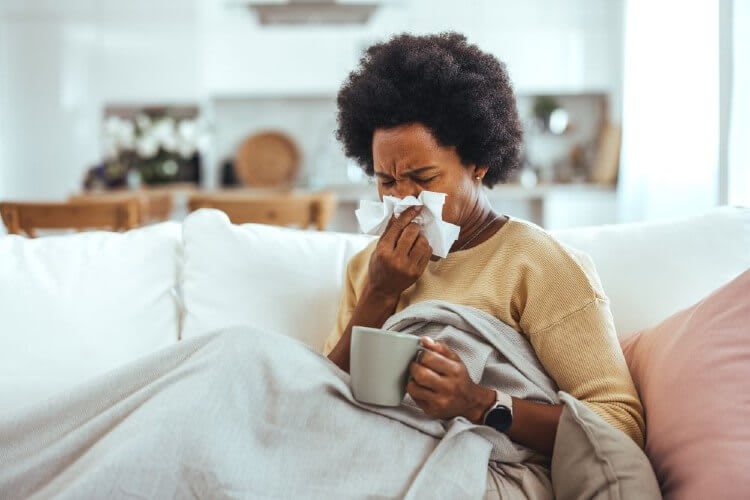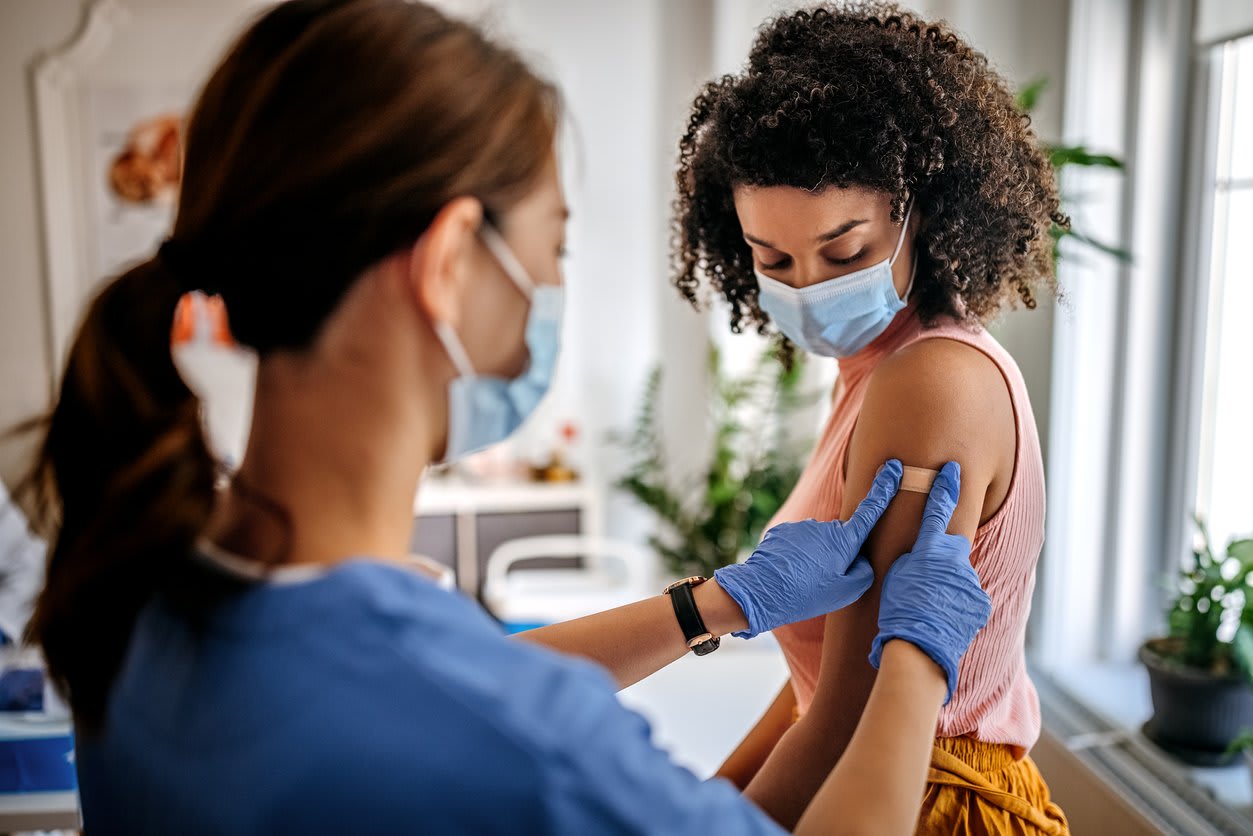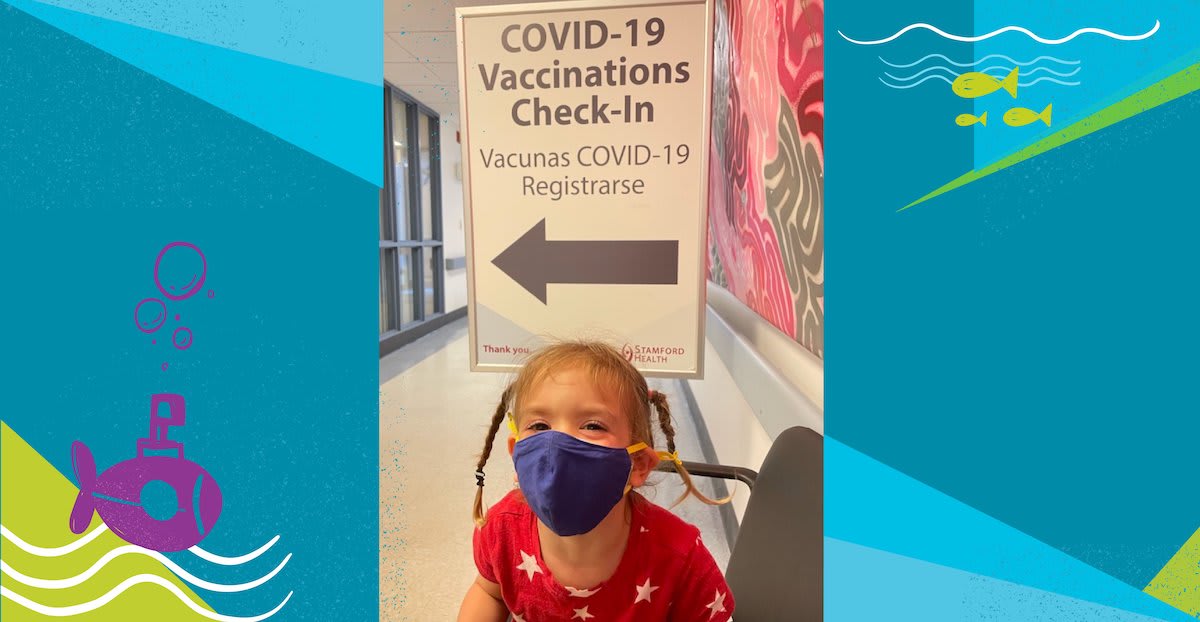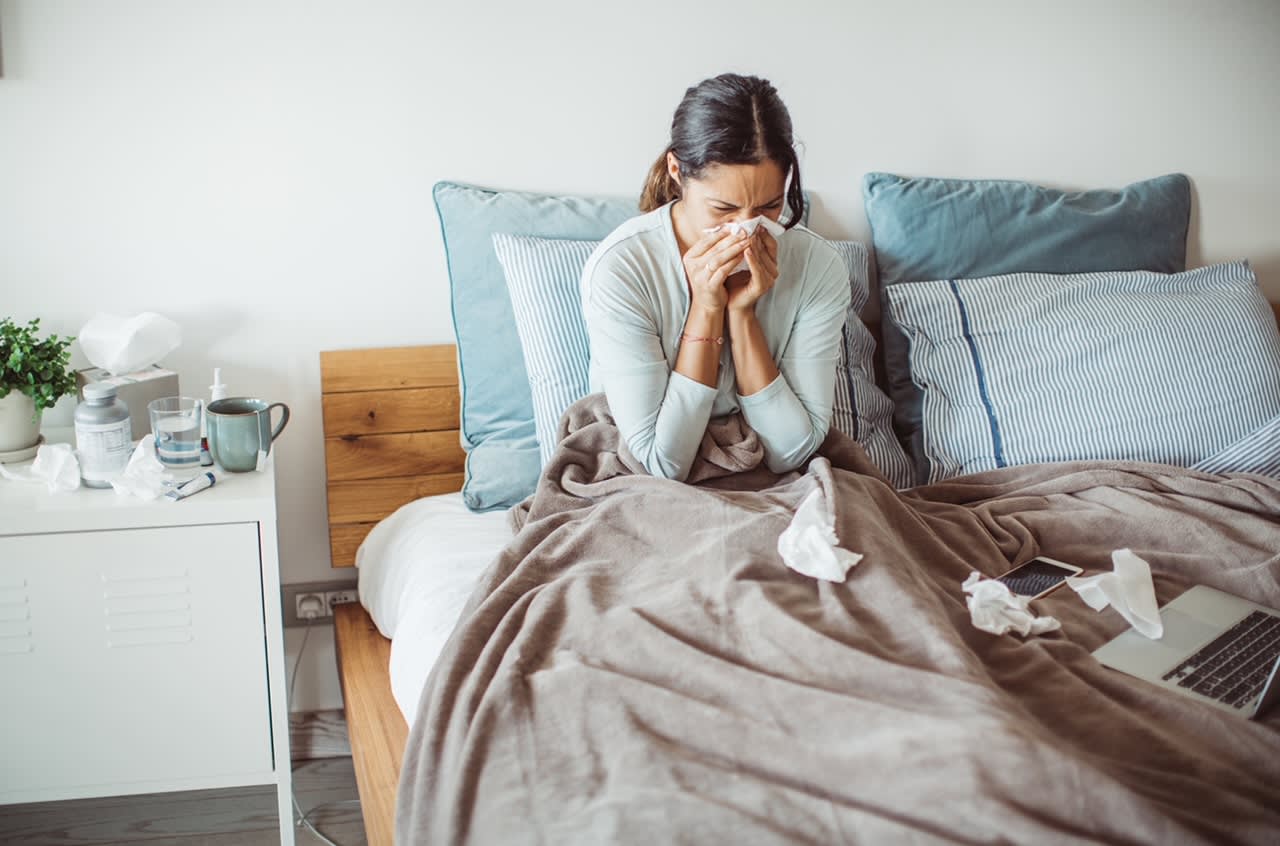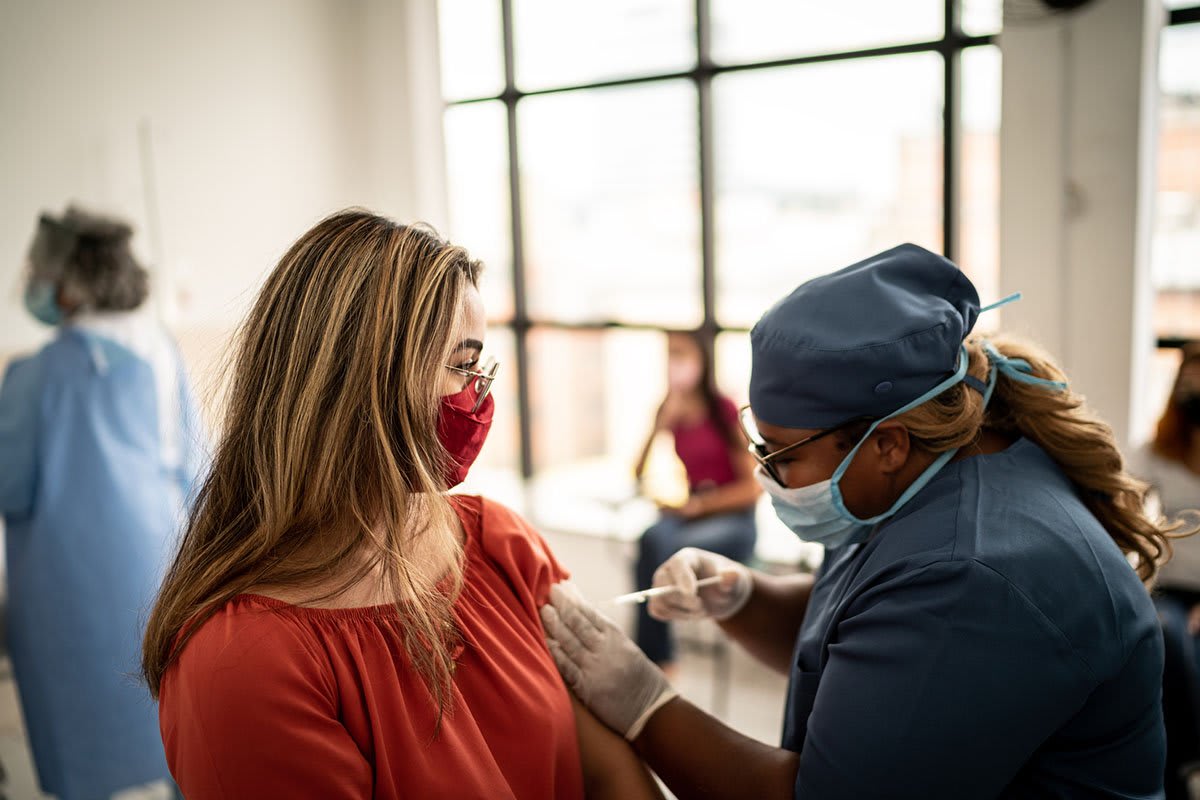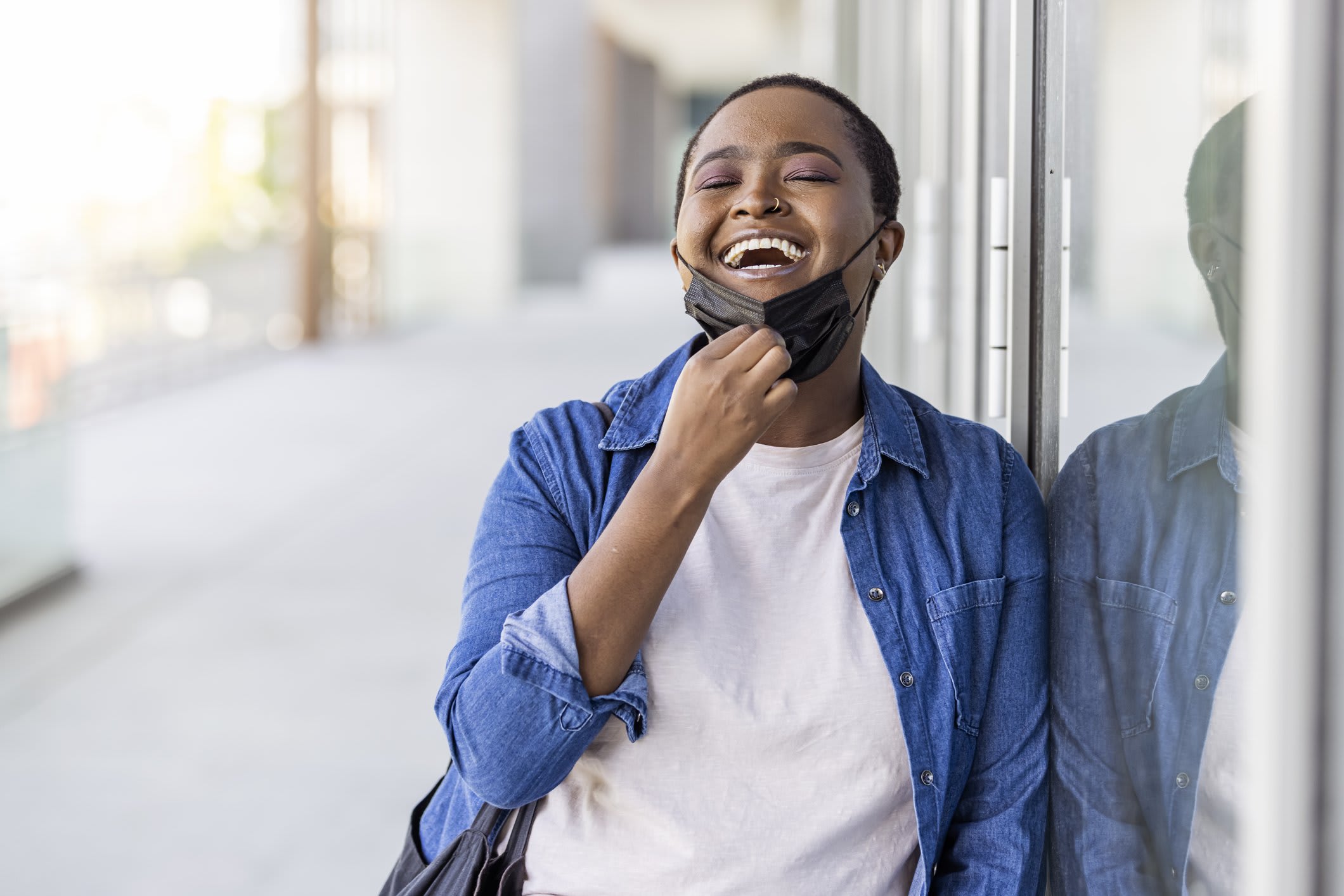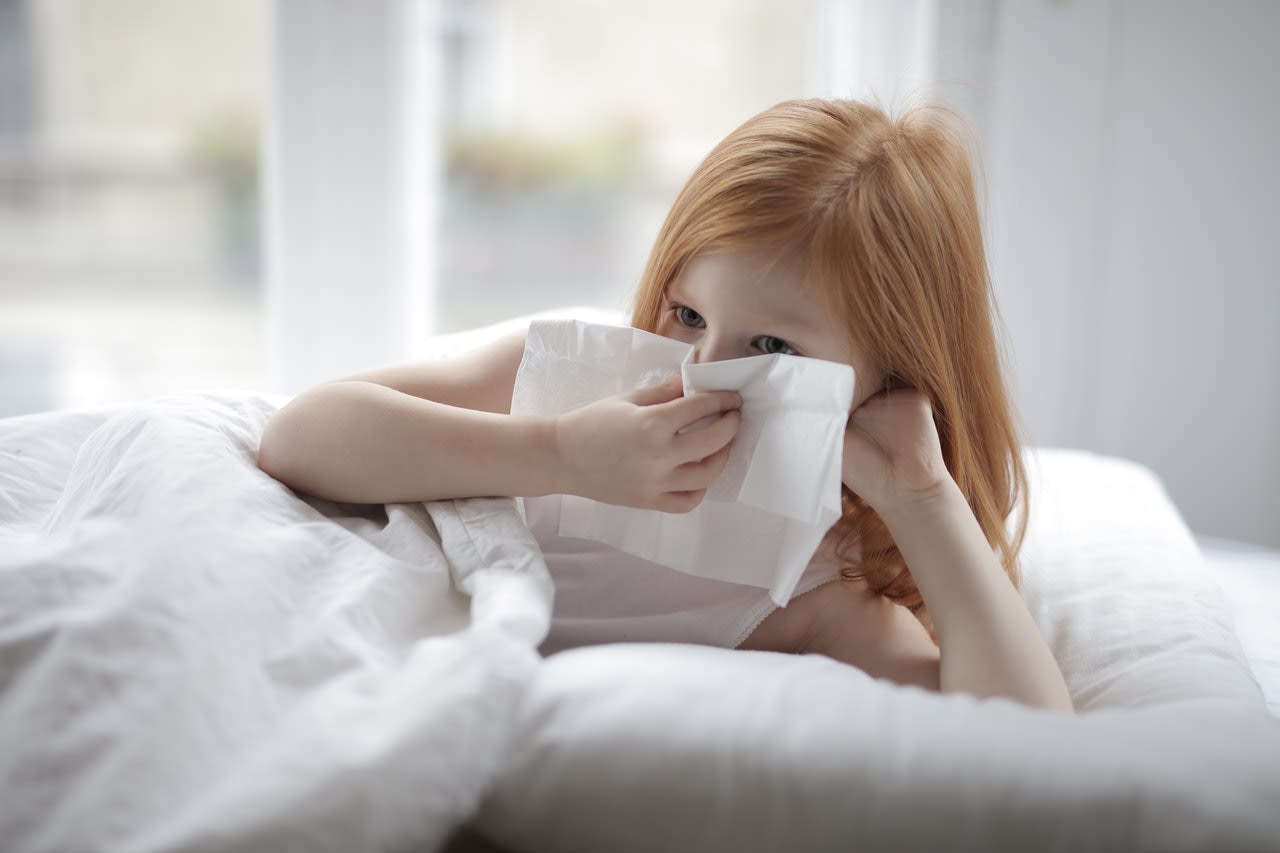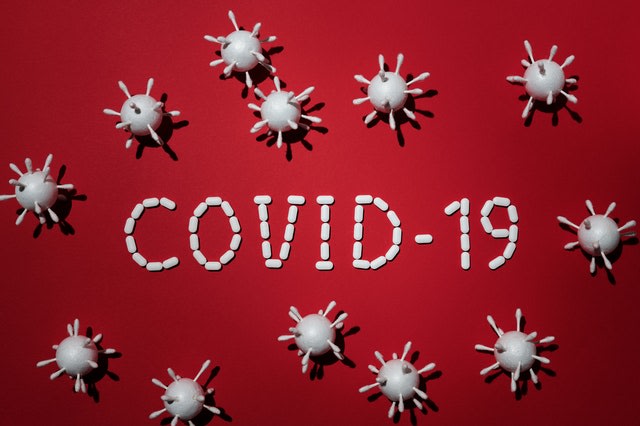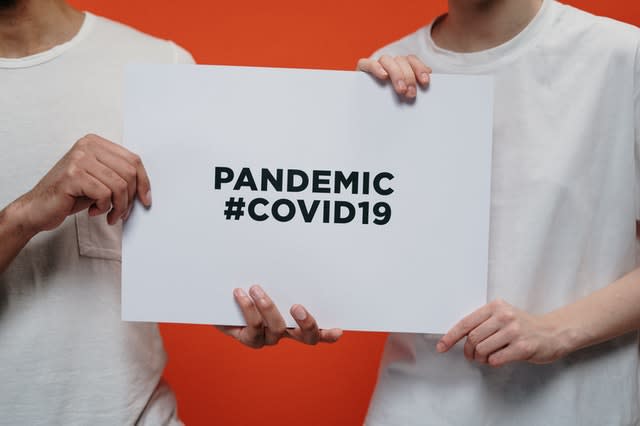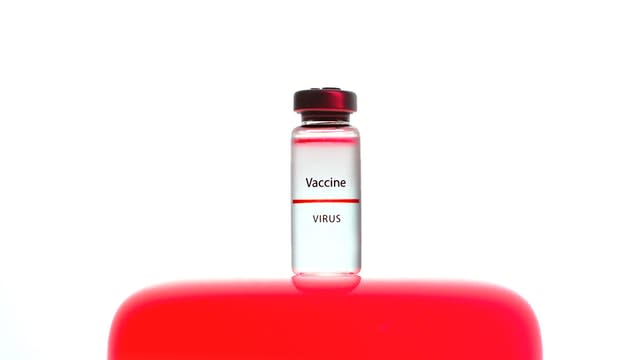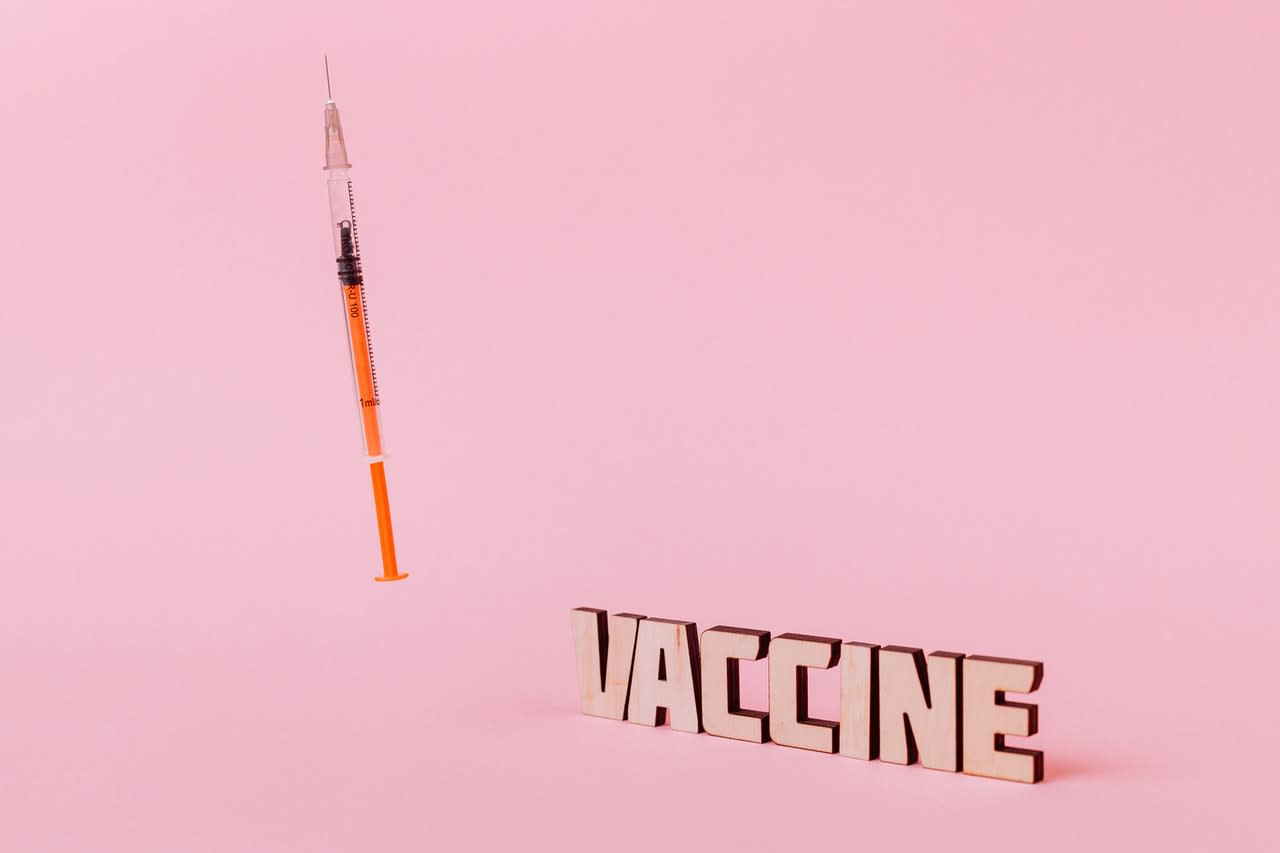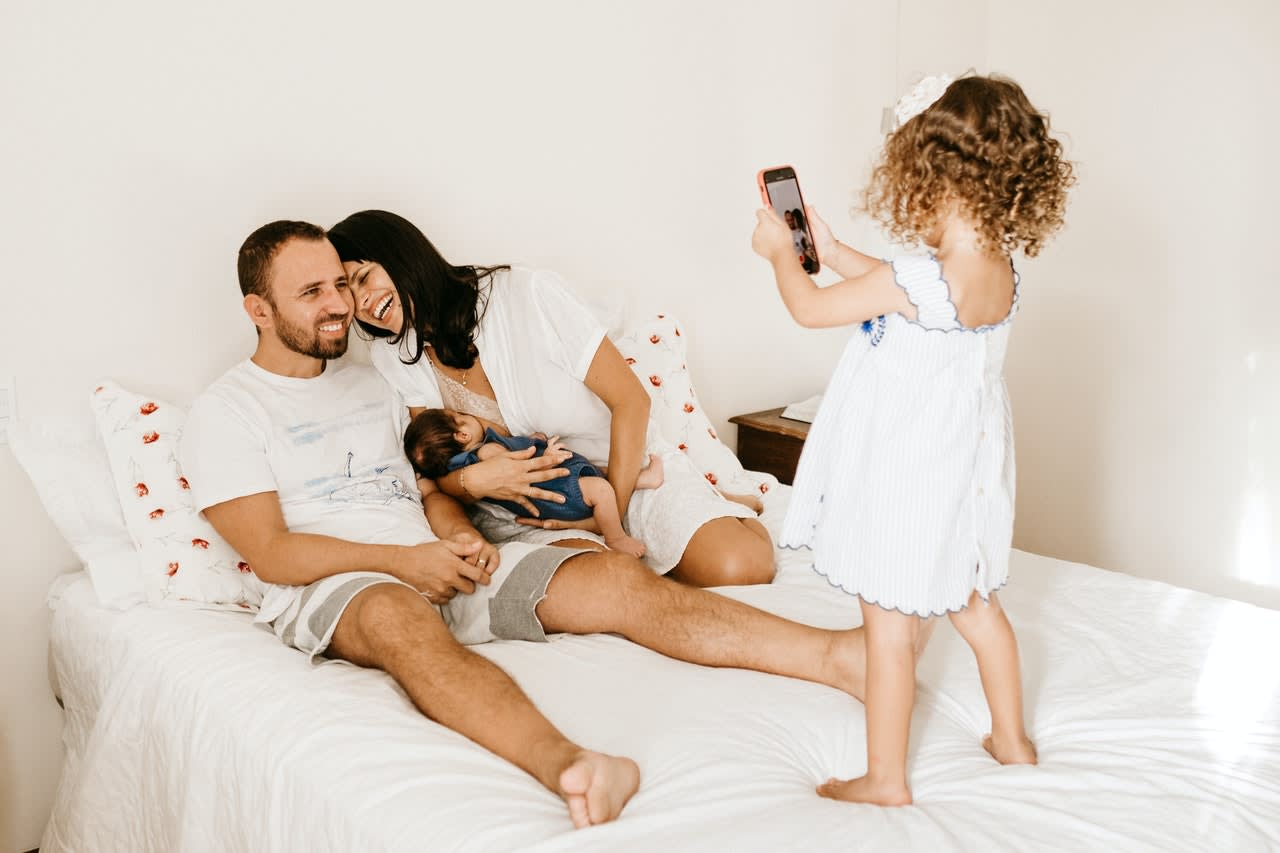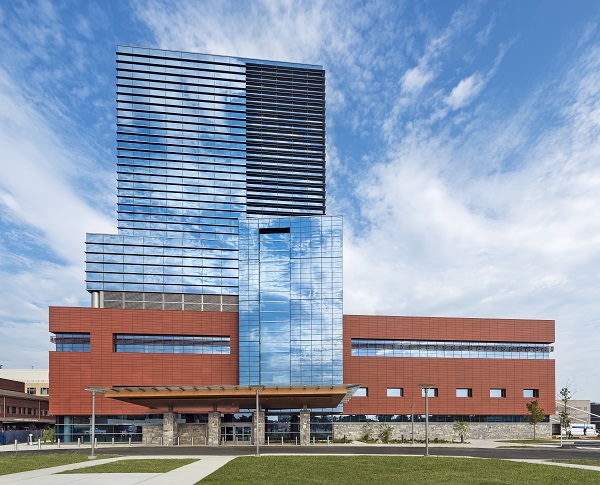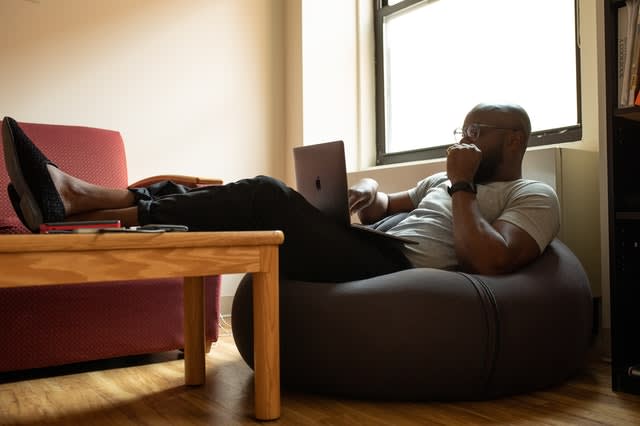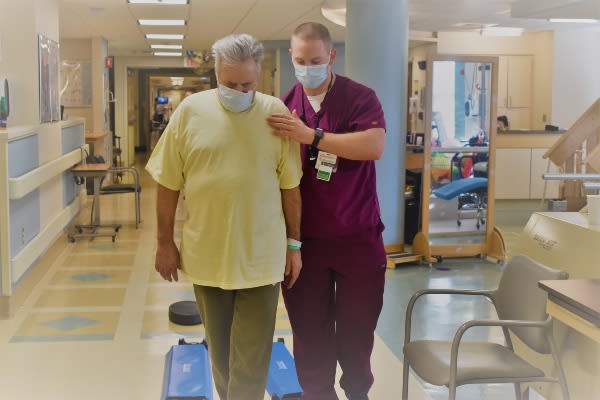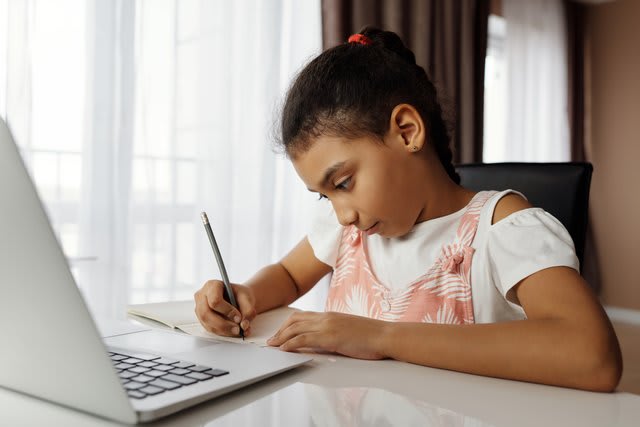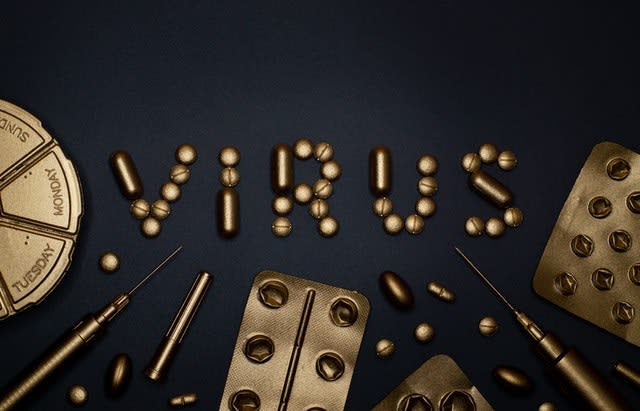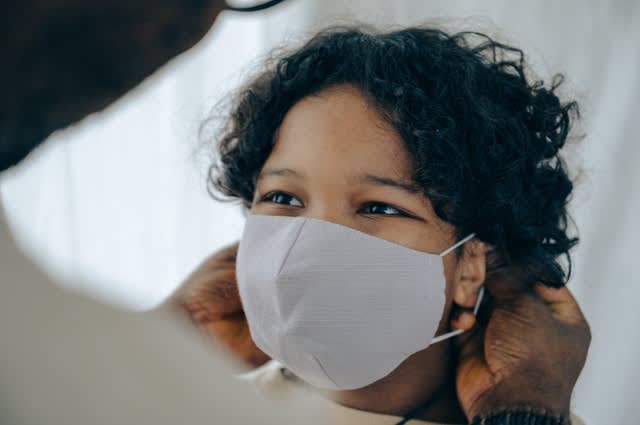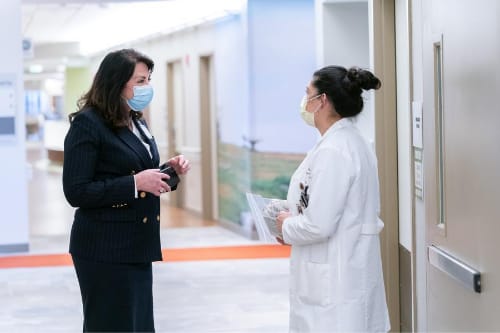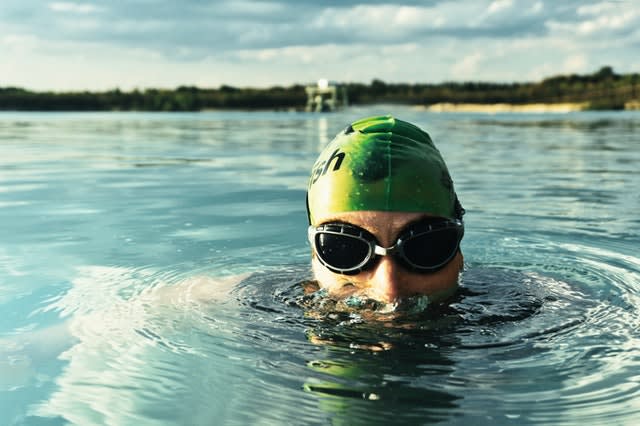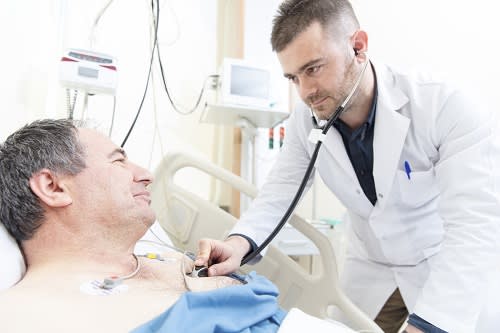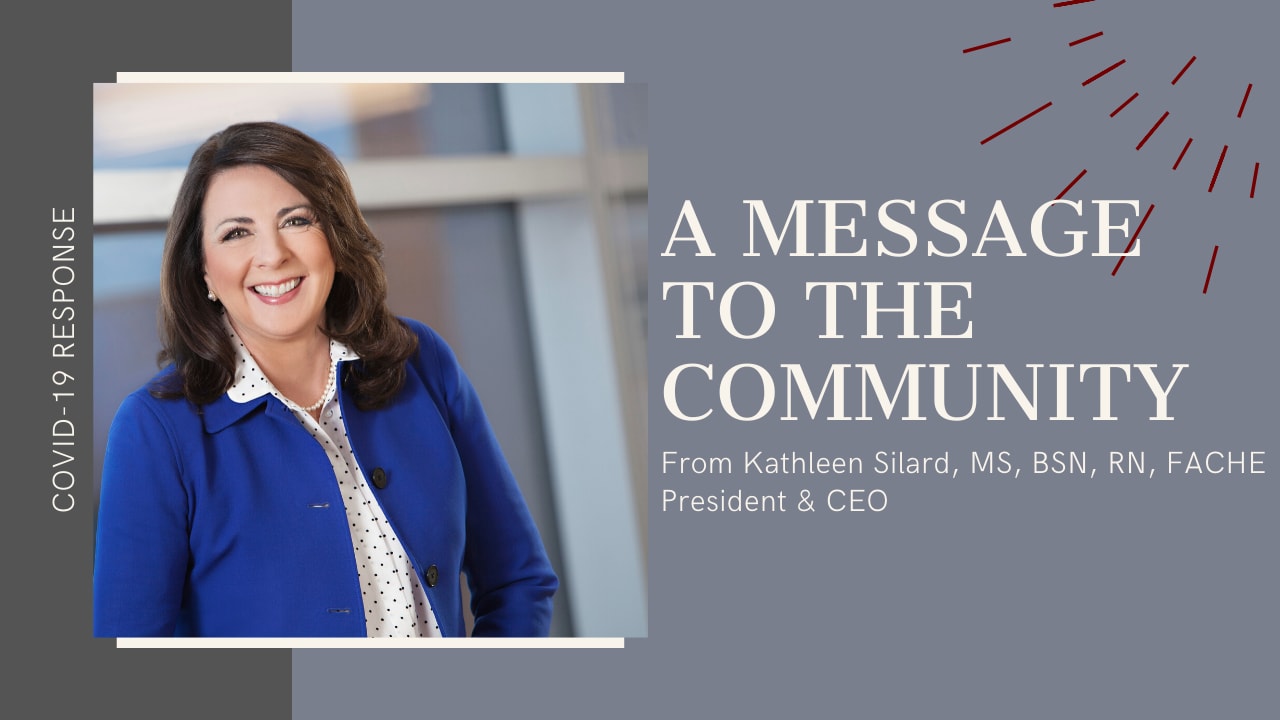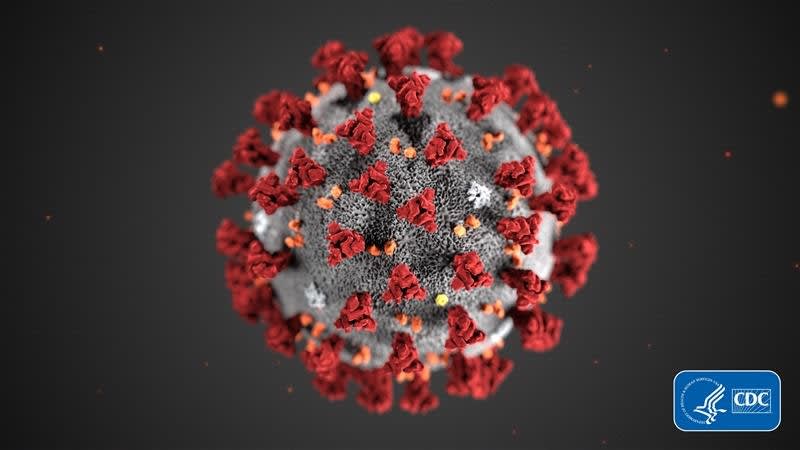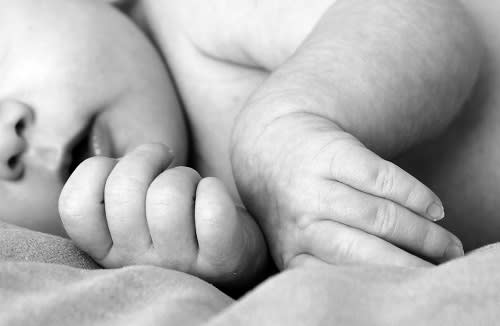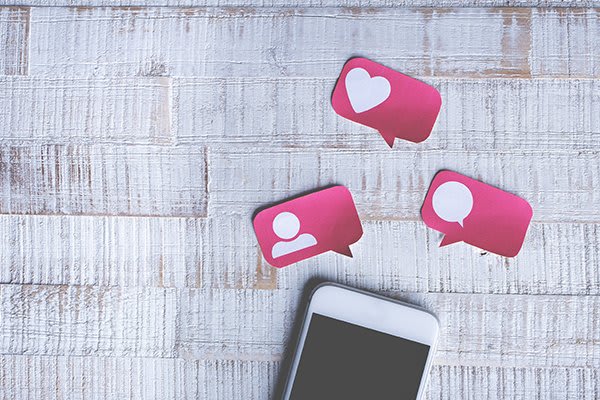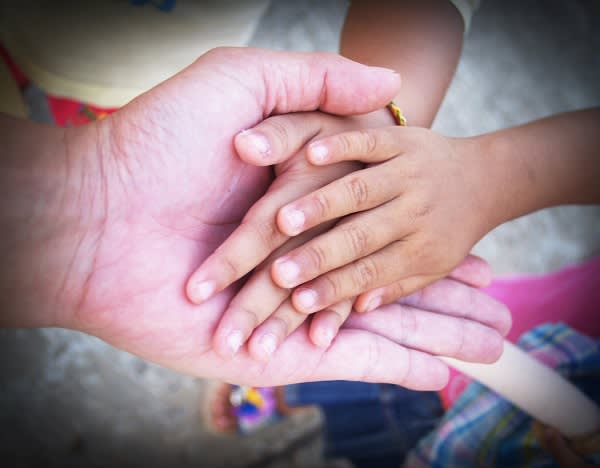What to Do After Your COVID-19 Test
Published: November 18, 2020l
Michael Parry, MD, Director, Department of Infectious Diseases and Asha Shah, MD, Associate Director, Department of Infectious Diseases
Here are some important things to keep in mind as you receive the results of your COVID-19 test and consider resuming activities or returning to work.
Committed to Your Safety
Stamford Health is dedicated to stopping the spread of infectious diseases such as COVID-19. Get service updates, answers to questions and learn how to help in the greater Stamford CT community.
Self-isolate while awaiting test results.
Stay home or in another location away from other people until your test results come back.
- Be patient. Because you won't have your results right away, you don't know if you are contagious. If you did contract COVID-19, you are likely to be contagious 2 days before you become sick and up to 10 days afterwards.
- If you have been exposed to someone with COVID-19, you need to quarantine for 14 days from when you think you were exposed to COVID-19, to be extra safe.
- You may return to work and resume other activities after 14 days if you have not developed symptoms.
Note: Here is some helpful information on COVID-19 tests offered at Stamford Health.
Help your household stay safe during self-isolation.
Here are some things you can do to ensure the safety of everyone in your home if you test positive for COVID-19:
- Stay at least 6 feet away from household members and pets, if possible.
- Wear a face mask around others.
- Use a separate bedroom and bathroom, and eat in a separate room or area.
- Avoid sharing towels, dishes and glasses.
- Ensure that frequently touched surfaces are cleaned and disinfected daily.
Here are some helpful reminders and resources:
- Centers for Disease Control (CDC): Consult the website for advice on caring for someone sick at home.
- COVID-19 symptoms in household members: If your loved one develops symptoms, call your healthcare provider for medical advice.
If you test negative, avoid exposure to COVID-19.
Here are some helpful ways you can protect yourself and others against COVID-19:
- Practice social distancing outside the home, staying at least 6 feet from others. This is especially important for people who are at higher risk of getting very sick.
- Avoid indoor gatherings with people who are not part of your household.
- Cover your nose and mouth with a cloth face cover in public at all times, especially when you can't distance yourself from others.
- Cover coughs and sneezes with a tissue or the inside of your elbow if you do not happen to be wearing a mask. Discard the tissue in a waste basket and then wash or sanitize your hands.
- Wash your hands often with soap and water for at least 20 seconds; if soap and water aren’t available use a hand sanitizer with at least 60% alcohol.
If you test positive, monitor your symptoms.
Here's what to do if you have any symptoms of COVID-19:
- Seek medical attention if you have difficulty breathing or develop a high fever or other serious symptoms.
- Call your doctor (or 911 for a medical emergency) and tell them you have tested positive for COVID-19 before going to a facility. If you do not have a doctor, please find a doctor here.
Some additional reminders:
- Put on a face mask before entering the facility or before emergency personnel arrive to help protect care providers.
- Call your doctor for additional instructions if you have a scheduled surgical procedure or medical test within two weeks of a positive COVID-19 test.
 Plan a safe return to work after recovering from COVID-19.
Plan a safe return to work after recovering from COVID-19.
If you’ve completed the advised isolation period after testing positive and you do not develop symptoms, your healthcare provider can provide you with a letter clearing you to resume work.
Even after you leave self-isolation, continue to take preventive action (mask, hand washing, and social distancing) because it is uncertain whether those who have been infected with COVID-19 are resistant or immune to the virus.
Note: Repeat COVID-19 testing is not recommended after you have completed the 10-day period of isolation. If you have a second positive test after this period of time, it doesn't necessarily mean you are contagious. The test can be positive for several weeks after the live virus is no longer present.
Featured Expert/ Author



